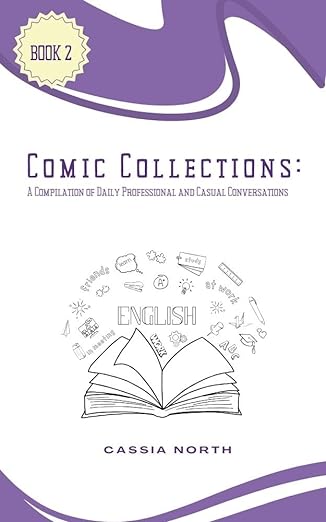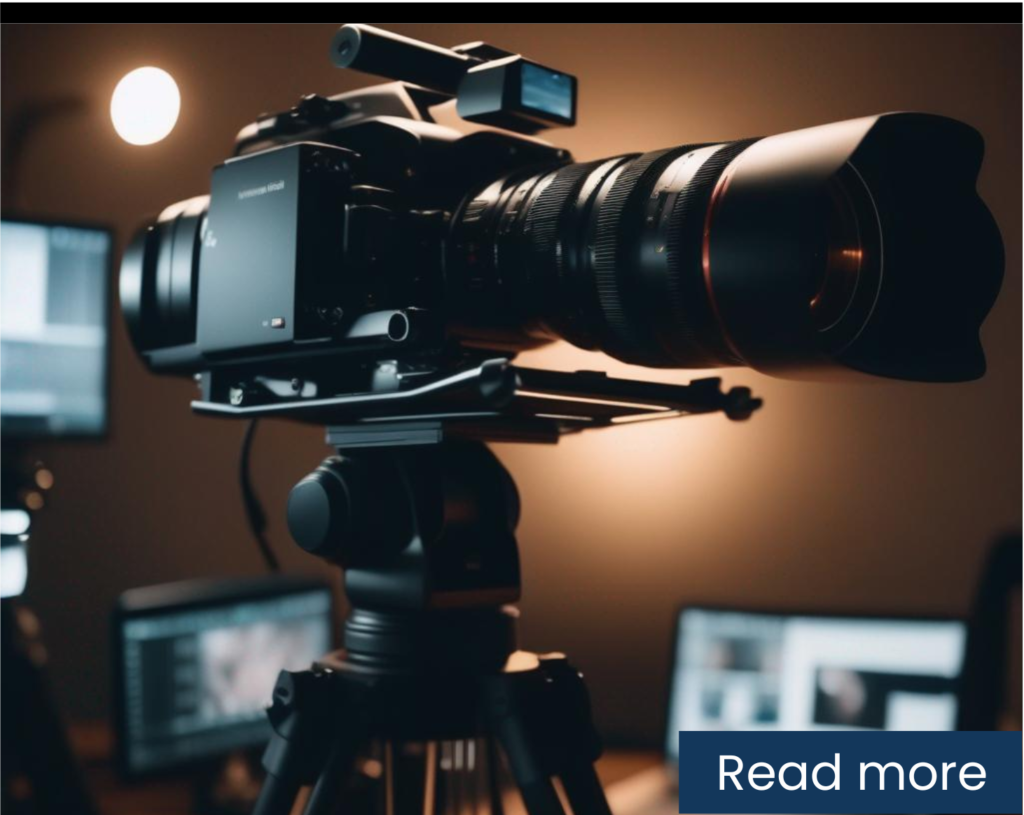Effectively using the future simple tense in English involves not just understanding its structure, but also being mindful of when and how to use it correctly. Here are some practical tips for its usage and common mistakes to avoid.
Tips for Remembering When to Use the Future Simple Tense
Spontaneous Decisions: Use the future simple tense for decisions made at the moment of speaking, rather than pre-planned actions.
Predictions Without Evidence: When making predictions based on personal opinion or without concrete evidence, the future simple is the appropriate choice.
Promises, Offers, and Threats: The future simple is often used for making promises, offers, or threats. It’s a way to express willingness to do something in the future.
Common Errors and How to Avoid Them
Choosing the Right Future Form: Be cautious not to overuse ‘will’ for all future references. Other forms like ‘going to’ or the present continuous might be more appropriate in certain contexts, such as planned actions or events.
Correct Formation of Questions and Negatives: Remember the correct structure for forming questions (will + subject + base verb) and negatives (will not/won’t + base verb).
Base Form of Verb After Will: Always use the base form of the main verb after ‘will’ or ‘won’t’. A common mistake is to use the past or -ing form.
Practice and Application
Sentence Construction: Regularly practice constructing sentences in the future simple tense, focusing on various contexts like predictions, spontaneous decisions, and promises.
Role-play: Engage in role-playing exercises where you can practice making future plans, predictions, and decisions using the future simple tense.
Common Irregular Verbs
While the formation of the future simple tense itself is straightforward, be aware of the base forms of irregular verbs to avoid mistakes in verb usage.
Conclusion
The future simple tense is a key element of English grammar, essential for discussing future plans and predictions. Understanding its proper use and being aware of common mistakes can significantly enhance your ability to express future ideas and actions. Regular practice and attentiveness to these guidelines will improve your proficiency in using the future simple tense.








